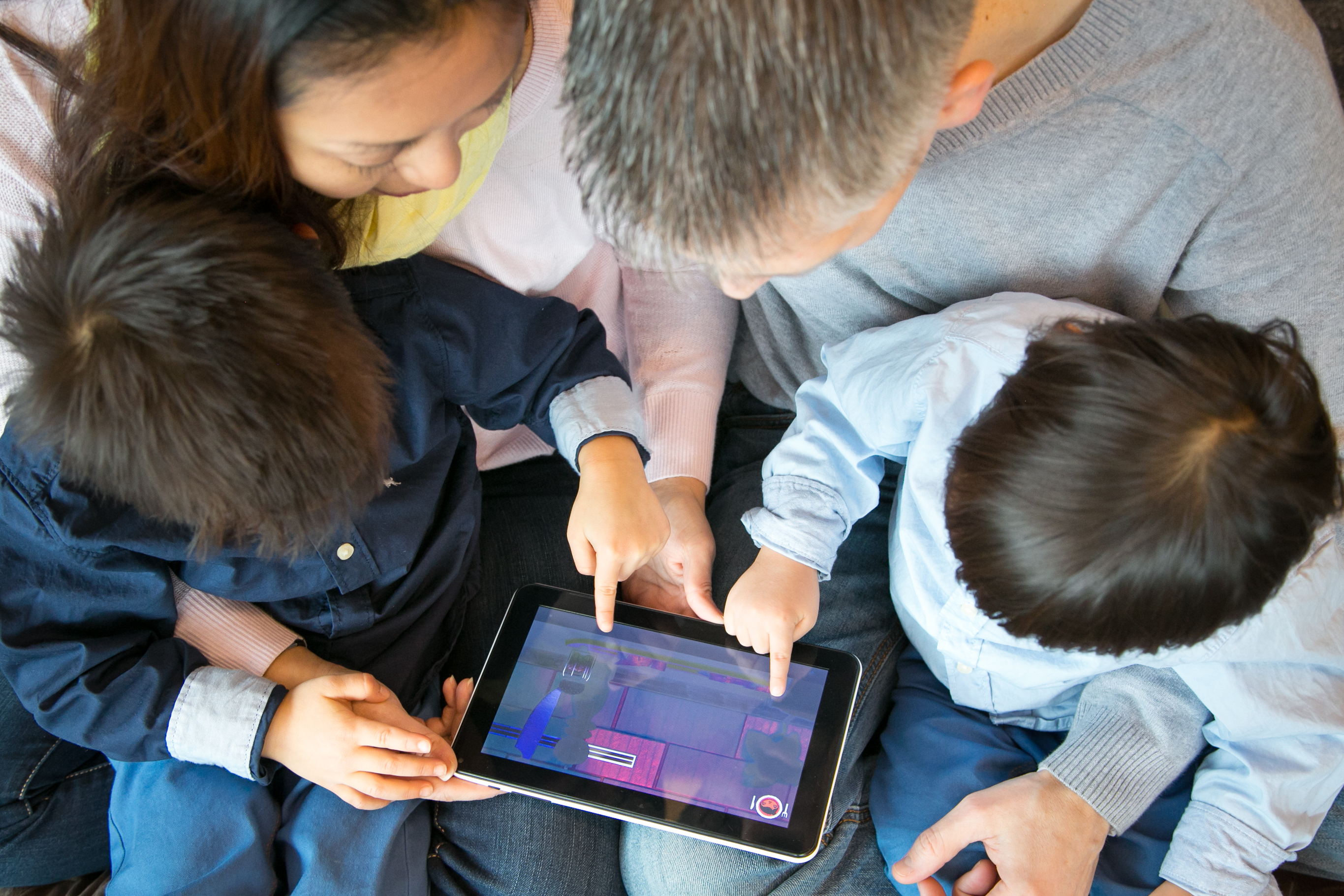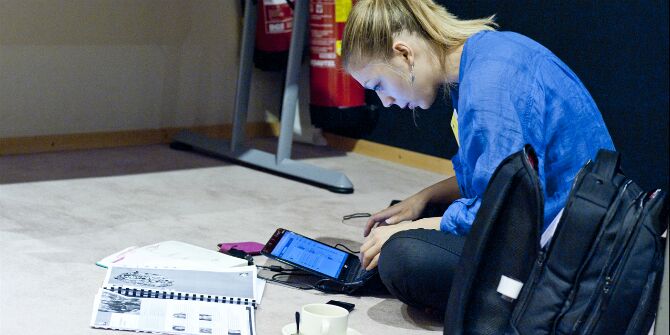 On 13 May, four of the UKs biggest internet service providers (ISPs) announced the launch of InternetMatters.org aimed at helping parents protect their children online. Our Sonia Livingstone, also leader of the EUKids Online project, draws on evidence from her research to lay out what she sees are the most pressing issues the initiative and these ISPs.
On 13 May, four of the UKs biggest internet service providers (ISPs) announced the launch of InternetMatters.org aimed at helping parents protect their children online. Our Sonia Livingstone, also leader of the EUKids Online project, draws on evidence from her research to lay out what she sees are the most pressing issues the initiative and these ISPs.
The launch of Internet Matters – a collaboration among the UK’s four biggest ISPs to provide end-user domestic internet filters, along with a website of parent-friendly resources, seems to have been broadly welcomed, at least according to the tweets posted with #internetmatters. This is the conclusion of a commitment made by the Prime Minister to present all householders with an active choice of whether to have filters switched on or off, and the ISPs have been busy developing the technology and a hugely expensive public campaign to encourage its use.
As I’ve noted earlier, the evidence shows that many parents do want simpler, user-friendly filtering tools, especially for their younger children, and contrary to some pessimistic predictions, children don’t simply seek to evade their parental support. Indeed, the new research conducted to inform this campaign backs this up.[1] So many hopes rest on Internet Matters as a key part in the bigger picture of ensuring UK children’s internet safety. So what, now, are the pressing questions for Internet Matters? I suggest that three critical issues face the ISPs in the coming months:
- How well do the filters work for parents? Will parents find them easy to manage, fitting their needs? How many will actually take them up when offered, and does it matter that each ISP is operating its own system of content classification or will that cause confusion? There are some other questions to be asked here that only new empirical research can answer. What, in practice, will happen in homes with several children of different ages – will parents set the controls by child (necessitating a personal log in) or by device or by the age of the youngest child? Then, what about the parents who, so far, have been confused about, disengaged in or even neglectful of their children’s internet safety? Many child welfare professionals are most concerned about the so-called ‘hard to reach’ parents: will they, at last, be reached by Internet Matters?

- How well do the filters work for the public at large? Do they under or over block content? UKCCIS had established a working party to minimise over-blocking, but many will watch carefully to see if the results are effective, and to see what happens when the public complains. This blog has witnessed some lively debates over whether and how to filter domestic internet content, and no-one is complacent that this is an easy or even welcome task. Interestingly, in relation to mobile content, the BBFC has been asked to adjudicate on complaints in an independent and transparent manner.
- How does Internet Matters fit into the bigger picture? There has been a long-standing call in internet safety circles for a ‘one-stop shop’ for parents and the public looking for information, guidance and support. But instead we have witnessed the multiplication of sites and services – many of them excellent, but all dividing rather than concentrating public attention. With £25 million in publicity funding behind Internet Matters, this may become parents’ ‘first port of call’, and thus a portal to all other sites (of which the Safer Internet Centre, CEOP and ParentPort are probably key). But this will take continual updating, being responsive to parental interests and the changing internet landscape. Let’s hope the ISPs are making a continued commitment in this domain.
Many commentators from all sides of the debates over internet filtering will be watching Internet Matters with interest. Meeting the needs of parents, children, industry and the wider public is no easy task.
This post gives the views of the author, and does not represent the position of the LSE Media Policy Project blog, nor of the London School of Economics.
[1] Disclosure statement – as an executive board member and Evidence Champion for the UK Council for Child Internet Safety, I played an advisory role in the research conducted by Internet Matters.




